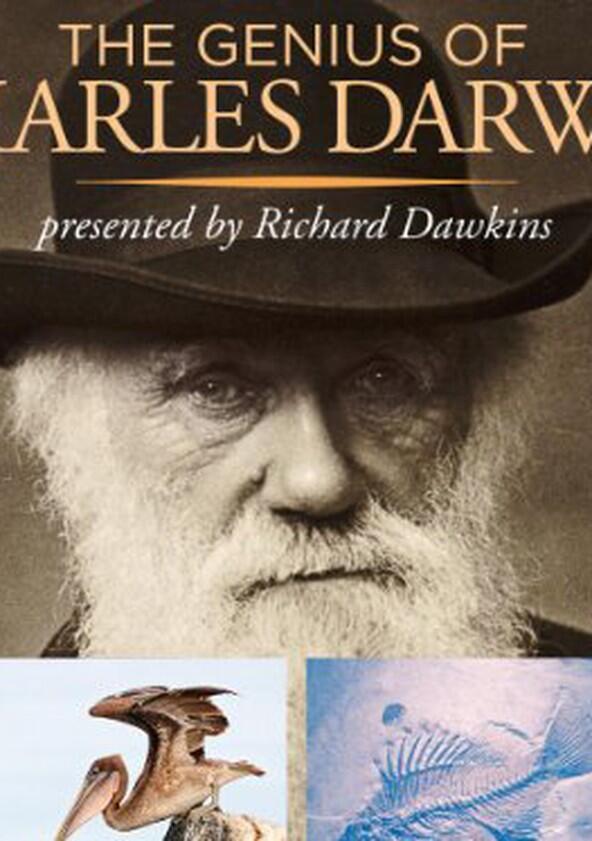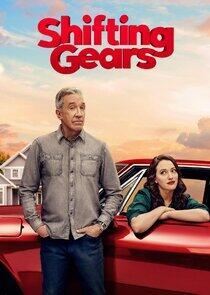The Genius of Charles Darwin - Season 1

Season 1

Episodes

Life, Darwin & Everything

The Fifth Ape

God Strikes Back
Recently Updated Shows

Chicago P.D.
District 21 of the Chicago Police Department is made up of two distinctly different groups. There are the uniformed cops who patrol the beat and go head to head with the city's street crimes. And there's the Intelligence Unit, the team that combats the city's major offenses - organized crime, drug trafficking, high profile murders and beyond. These are their stories.

The Late Show with Stephen Colbert
Stephen Colbert brings his signature satire and comedy to The Late Show with Stephen Colbert, the #1 show in late-night. Featuring bandleader Jon Batiste with his band Stay Human, the Emmy Award-nominated show broadcasts from the historic Ed Sullivan Theater. He talks with an eclectic mix of guests about what is new and relevant in the worlds of politics, entertainment, business, music, technology, and more. Stephen Colbert took over as host, executive producer, and writer of The Late Show on Sept. 8, 2015.
Colbert is best known for his work as a television host, writer, actor, and producer, and lest known for his charity work teaching English as a second language on Tunisian date farms. Before joining the CBS family -- and being officially adopted by network president Les Moonves -- Colbert helmed The Colbert Report, which aired nearly 1,500 episodes and required Stephen to wear nearly 1,500 different neckties. The program received two Peabody Awards, two Grammy Awards, and several unwelcome shoulder massages. It won two Emmys for Outstanding Variety Series in 2013 and 2014, both of which appear to have been lost in the move. Colbert is pronounced koʊlˈbɛər, according to Wikipedia. His understudy is William Cavanaugh, who will be hosting The Late Show approximately one-third of the time. Good luck, Bill!

Jersey Shore: Family Vacation
The cast of Jersey Shore swore they would always do a vacation together. Now, five years, five kids, three marriages, and who knows how many GTL sessions later, the gang is back together and on vacation in a swanky house in Miami Beach.

The Daily Show
Hosted by a rotating cast of comedy greats, The Daily Show remains the go-to source for provocative satire, insightful interviews and an award-winning team of correspondents and contributors.

Shifting Gears
Shifting Gears centers on Matt, a stubborn, widowed owner of a classic car restoration shop. When Matt's estranged daughter and her teenage kids move into his house, the real restoration begins.